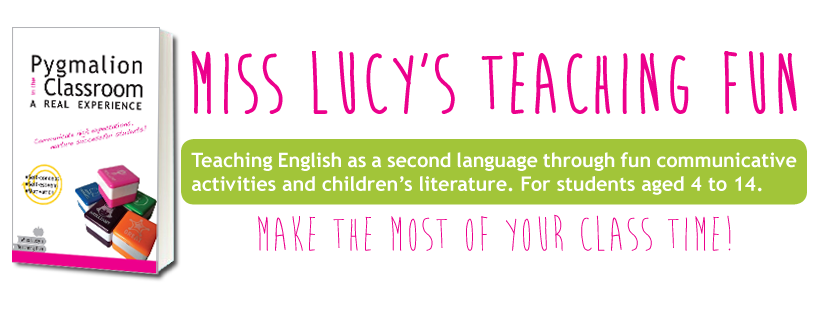
I must admit that I love Roald Dahl's books, because they are like modern fairy tales and also because of his way of making you feel you're beside the protagonists, submerged in their own world, as wide as the book you're holding in your hands.
Matilda is a gifted little girl who is not really appreciated by her parents, especially because she is absolutely not interested in watching telly (TV).
What our heroine really enjoys is reading books to escape from her family's bad attitude towards her.
Actually Dahl, in this last book of his career, has left us many titles of the best literature ever, both for children and young adults. Books that Matilda devours and, even if sometimes she doesn't understand everything is written in them, she gives us the clue to decide if an author is good or not: "The way he (Hemingway) tells it I feel I am right there on the spot watching it all happen"
There are several levels to read Matilda, first of all the open criticism of the TV and people who waste their time in front of it instead of reading a book.
If you have no idea how to choose a good one, just follow Dahl's suggestions! From Dickens to Orwell, passing thrugh Brontë, Kipling, Steinbeck and many more, you won't be disappointed at all.
Matilda's parents are products of TV culture: superficial, ignorant and rude people whose main worry is money.
They disapprove and bully their daughter to discourage her from reading.
Matilda, on the other hand, doesn't give up and, as a young courageous protagonist, starts her adventure for independence and personal growth going to the library by herself.
The author also gives us his definition of a teacher:
"…most head teacher are chosen because they possess a number of fine qualities. They understand children and they have the children's best interests at heart. They are sympathetic. They are fair and they are deeply interested in education."
At certain point of the book Dahl resorts to paranormal powers, jumping into Fantasy.
Matilda discovers that through intensively glaring at objects she can make them move the way she wants.
Thanks to this super power she will rescue her ally, Miss Honey to get rid of the terrible Miss Trenchbull, a nightmare for the whole school.
Firstly she tips a glass over. Then she tries to lift a cigar and finally she manages to scare the Trenchbull to death, writing a message on the blackboard of her classroom with a piece of chalk moved only by her psychic power.
This super mental power is clearly a metaphor of the great willingness power belonging to everyone and capable to influence the development of events and she gives us the key of a successful life:
"She knew she wouldn't manage it right away, but she felt confident that with a great deal of practice and effort, she would succeed in the end. "
Finally, in this novel, as in James and the Giant Peach or in Charlie and the Chocolate Factory, we can easily distinguish many Propp's Functions, too.
A very interesting and deep analysis of their appliance to Matilda's story is explained in detail in this conference extract :
If you're thinking about assigning Matilda as compulsory or suggested reading for summer, for example, on this link you'll find many activities, worksheets, questions and lessons ideas to work on it with your students:
MORE BOOKS
Lucy dedicates a lot of time and love to thinking about and writing the posts she shares with all of you. Because she believes that a better teaching is the key for a better future. If you find any help, value or joy in this blog, please consider becoming a supporting reader. A donation, in any amount, will be gratefully accepted.

'Matilda' is my favourite Roald Dahl book! She goes about so quietly, yet there's special power emanating from that tiny frame. Miss Trunchbull is one of the most terrifying characters I've read in children's literature. Ever.
ReplyDelete